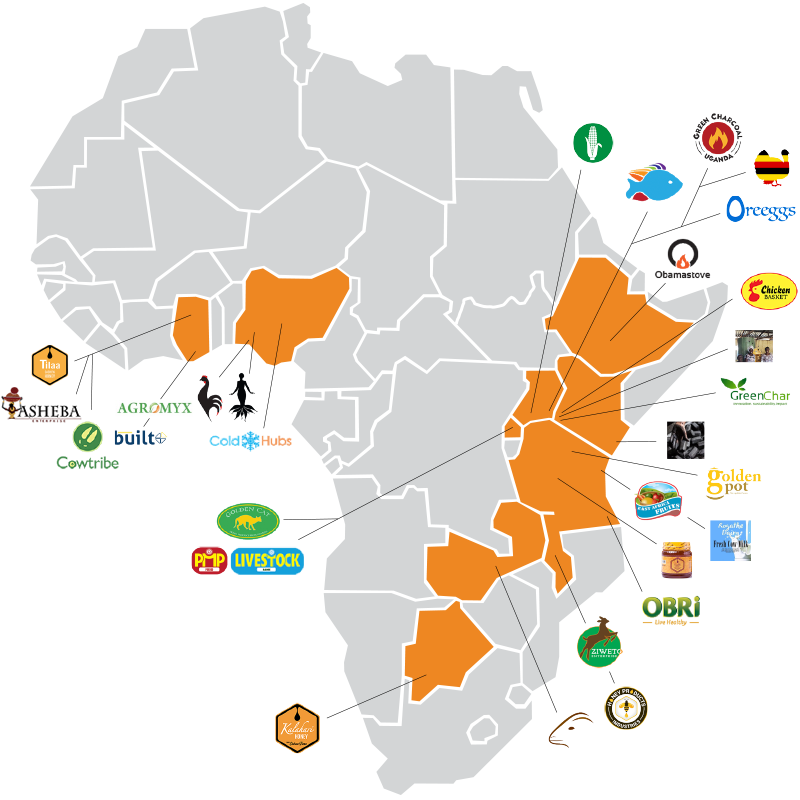
If 200,000 (on the way to 400,000) deaths from Covid-19 were not enough to worry about, there is the coming hunger crisis across at least half of the world caused by the lockdowns and economic collapse.
I predicted this a month ago and have been talking almost daily with entrepreneurs in Africa with actual stories of the food system collapsing.
The New York Times wrote about this crisis a few days ago:
Already, 135 million people had been facing acute food shortages, but now with the pandemic, 130 million more could go hungry in 2020, said Arif Husain, chief economist at the World Food Program, a United Nations agency. Altogether, an estimated 265 million people could be pushed to the brink of starvation by year’s end.
The New York Times
265 million is a far larger number than the most dire predictions of deaths from coronavirus. The influenza pandemic in 2018-2020 only killed an estimated 50 million people.
If there wasn’t a pandemic in the U.S. and Europe, this food crisis would get a lot more news coverage. It needs more coverage as it is a far more urgent problem than the virus. If crops are not planted and harvested, it doesn’t matter whether the lockdowns and curfews are followed. If the aggregators and other logistics companies go out of business now, the harvests will rot on the farms. Etc. etc. etc.
The reality I’m told is bad. The best paying customers were the hotels and restaurants. They are closed. With it, revenues are down 40%-80%. With that, there isn’t money to buy from farmers. Without that, there are not crops to sell to the retail customers. It’s a vicious cycle that quickly leads to empty shelves and empty markets.
On top of that we have closed borders disrupting the food supply chain, or in some cases open borders, but people literally beating truck drivers accused of bringing coronavirus from the neighboring countries.
This is only going to get uglier as food gets scarcer.
Historically the UN and other NGOs would bring food. But the NGOs are locked down and their field operations pared down, if operating at all. And even in the best of times, donated food rarely gets distributed efficiently and fairly.
What we need instead to address this issue is entrepreneurs. We need the existing small businesses that operate the food supply chain to keep it operating. We need those companies to buy at least as much from smallholder farmers as they did in 2019, if not pay them more to grow more in 2020 to fill the inevitable gaps.
My plan for that is called Africa Eats. It takes 30 of the graduates of my Fledge accelerator, wraps them in a pan-African holding company, and empowers them to keep the food supply chain flowing.
Of course that will take money, and most investors are not eagerly writing checks as the next great depression begins. So instead of seeking investment, Africa Eats is seeking investment-like donations through our public charity partner, Realize Impact.
Details at realizeimpact.org/africa-eats.

UPDATE: A story from BBC News about a Kenyan women cooking stones for dinner as she had nothing else to feed her children.














